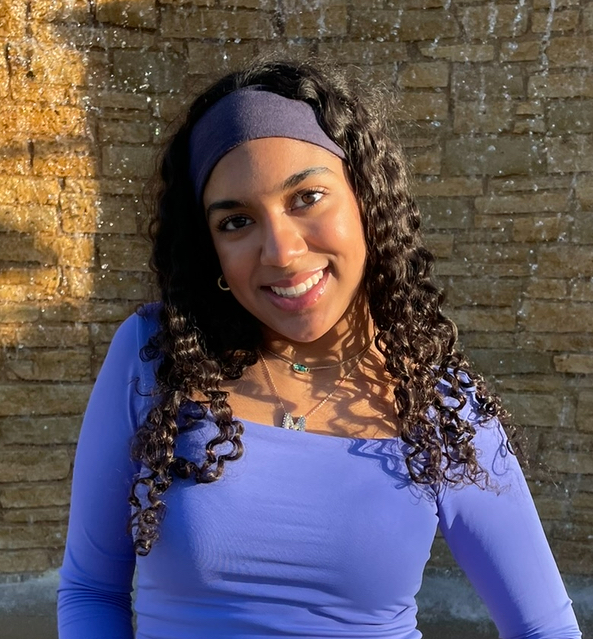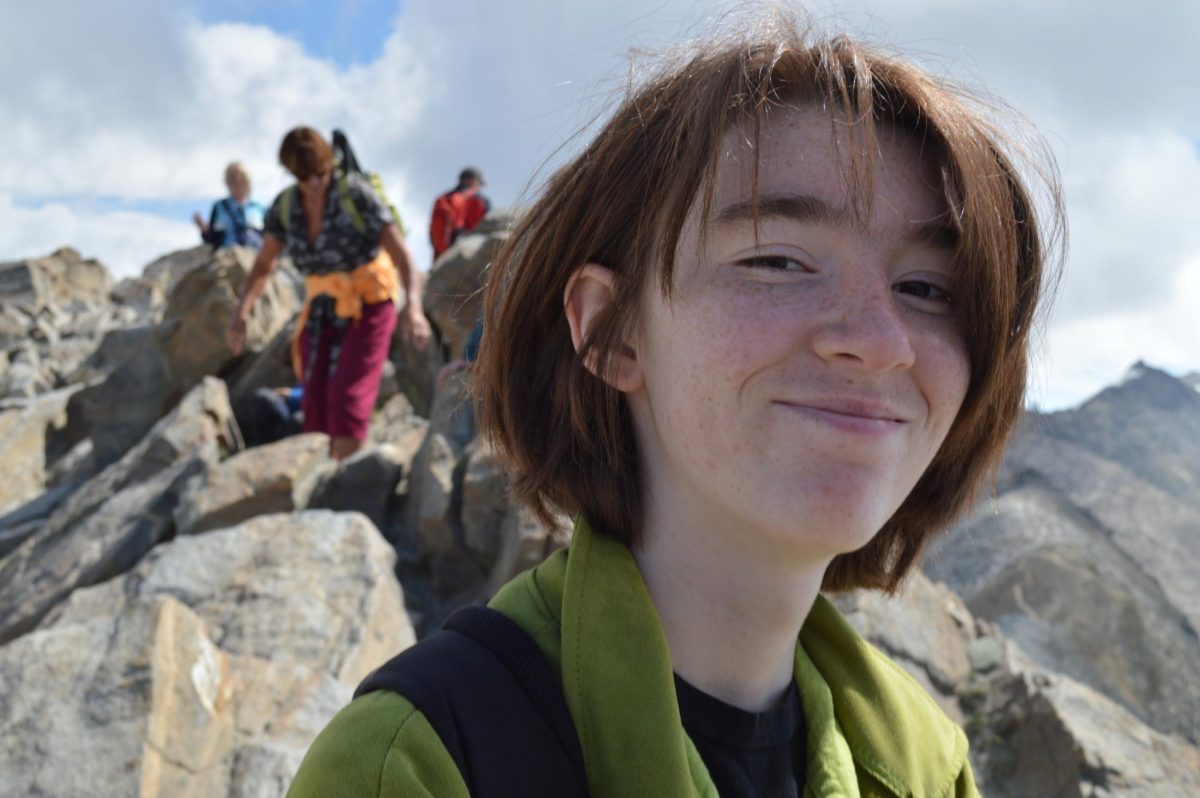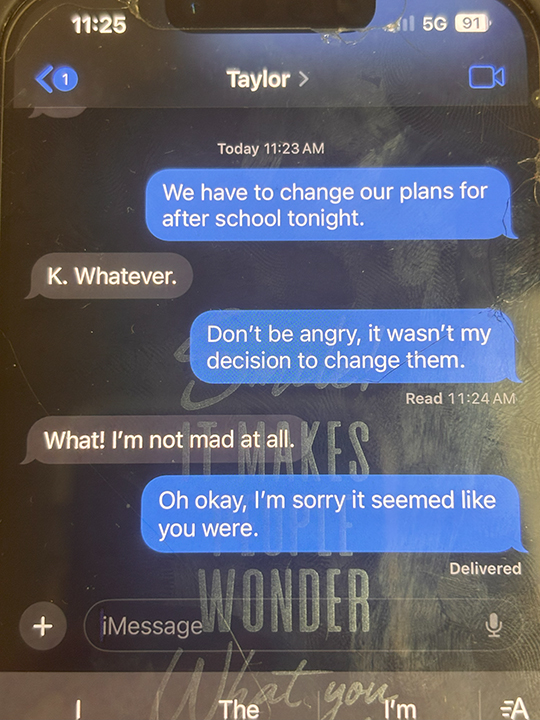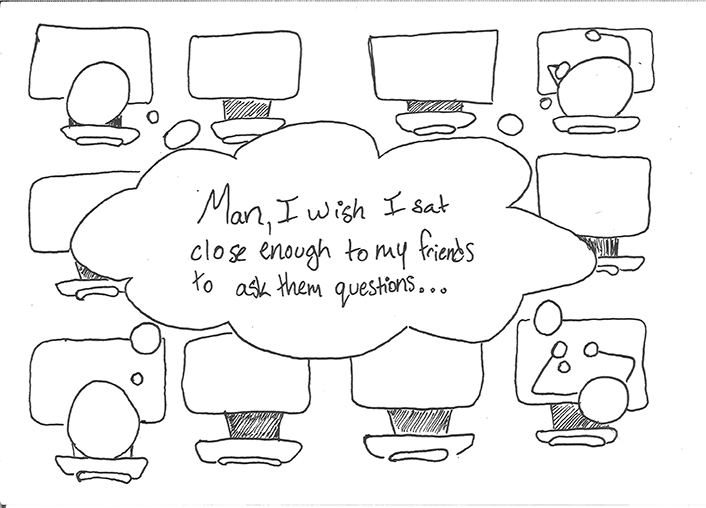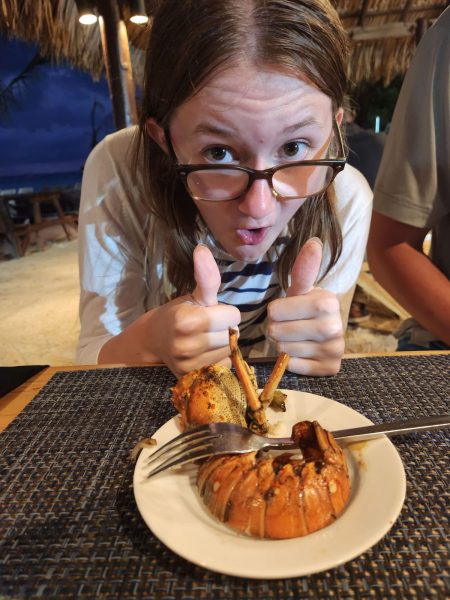Albeit notorious for unnatural numbers of digits and incomprehensible details in the background, AI art is developing at a rapid rate and can easily emulate a variety of art styles. It feels disheartening for artists that their hours of effort can be replicated by a program given the same prompt.
Art is about exploring one’s potential and expressing creativity, not entering prompts into a search bar and allowing a computer to do the rest.
AI should be used as a tool to evoke inspiration, not to replace artists entirely. Messing around with an image generator in good fun is nothing to feel ashamed of, but crediting yourself as the creator of an AI-generated image and taking no incentive to improve on your art skills results in no growth.
Rather than compiling images and feeding them to an AI to train it, analyzing different art styles in one’s free time can improve understanding much better while also sparing an artist’s privacy.
Visual art itself is not the extent of AI’s influence on the Internet; voices and songs can even be replicated using AI. Voice cloning of celebrities, singers, and voice actors have taken the Internet by storm. It can even stir controversies that have nothing to do with the actual person.
For example, in January, Taylor Swift was targeted when nude AI-generated images of her were posted on Twitter. The situation received so much attention that her name was banned from search results while filtering was underway.
There is a colossal difference between violation of privacy and entertainment, and this moment is a perfect example. Admiring another person’s work or likeness is fine, but violating their privacy by using their voice or body as fodder for an AI is unacceptable on all levels.
With constantly improving technology such as AI fl



